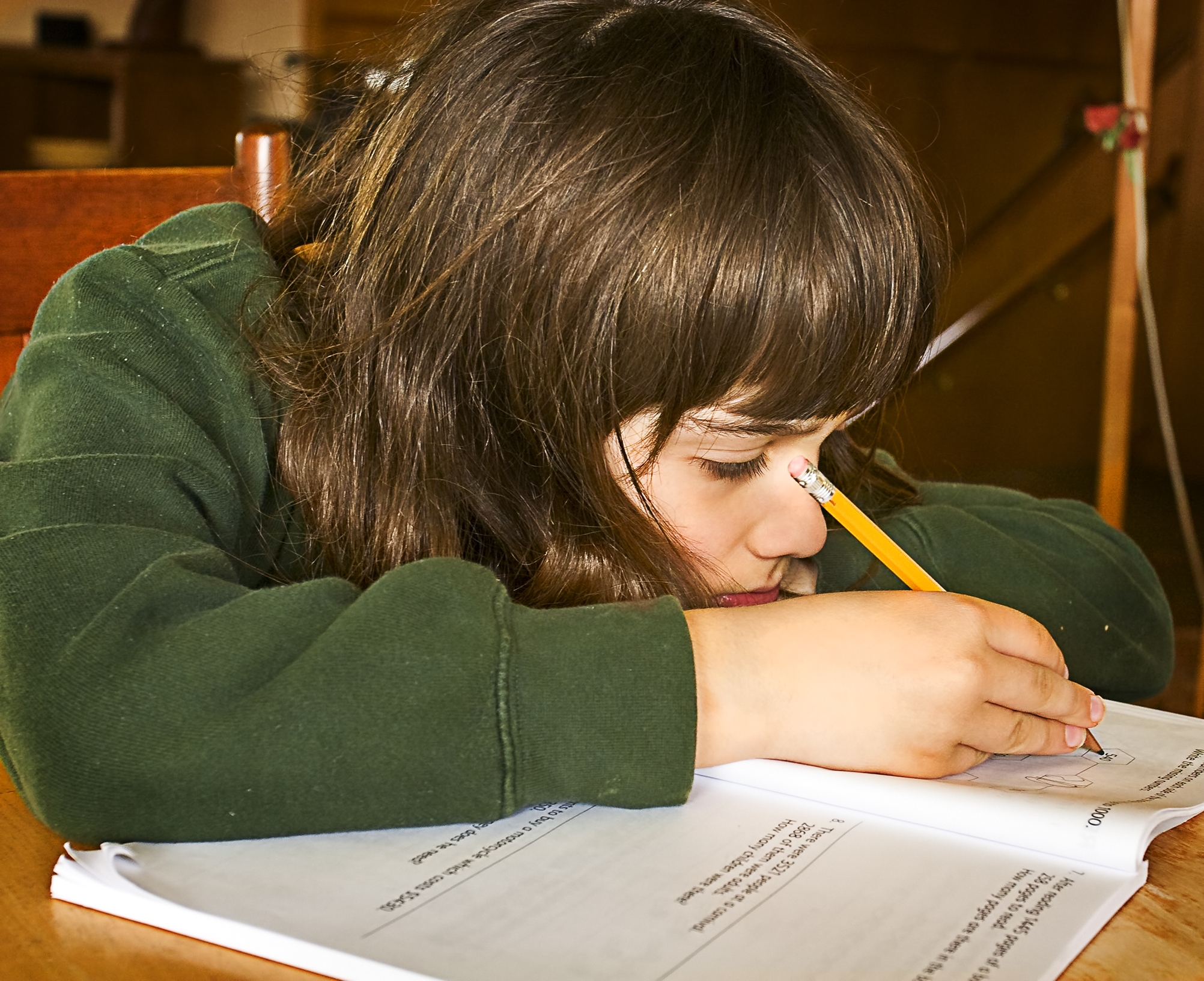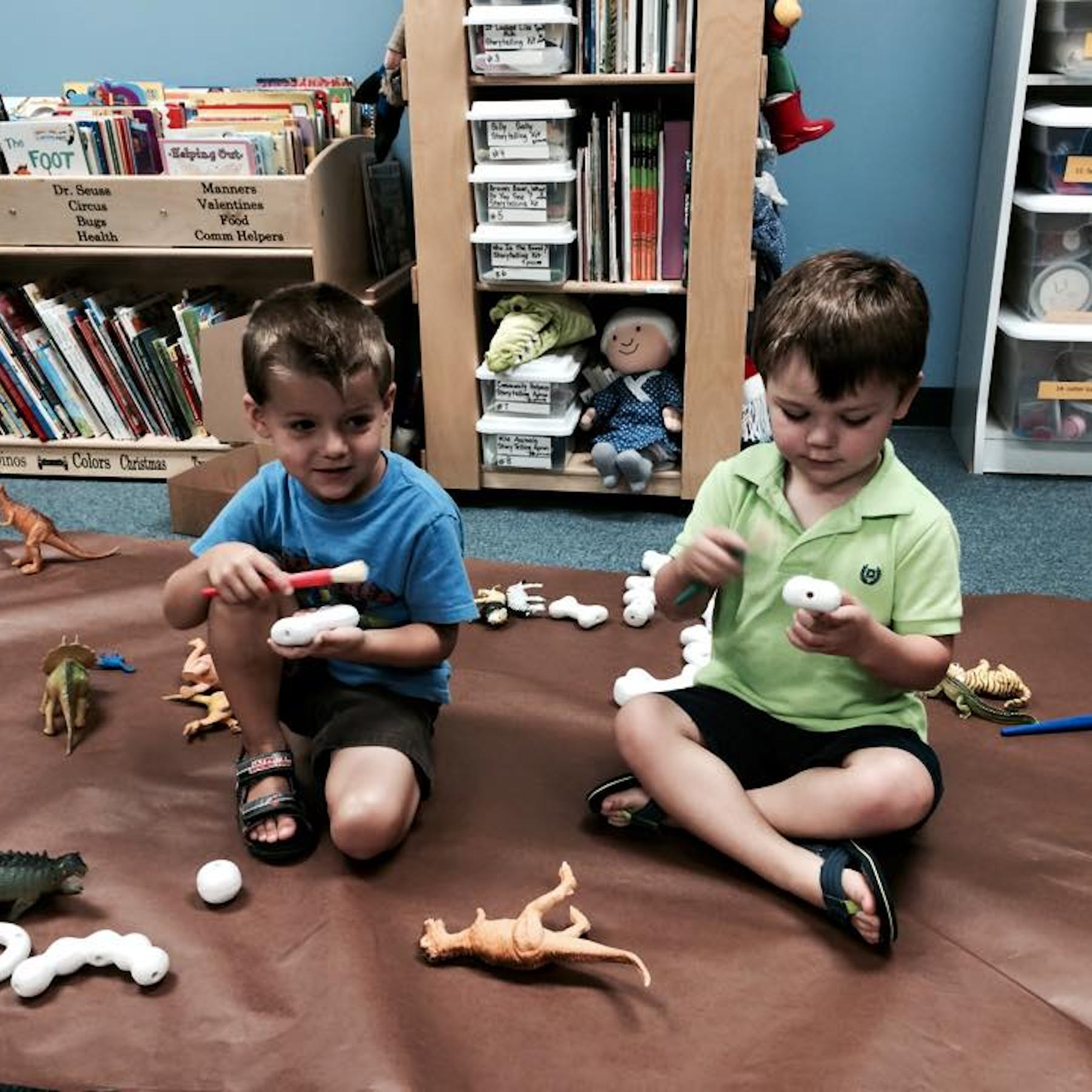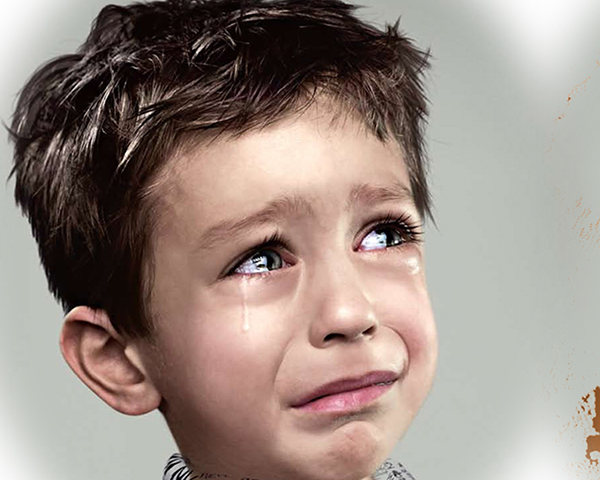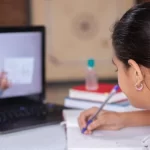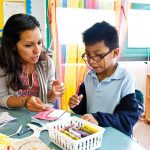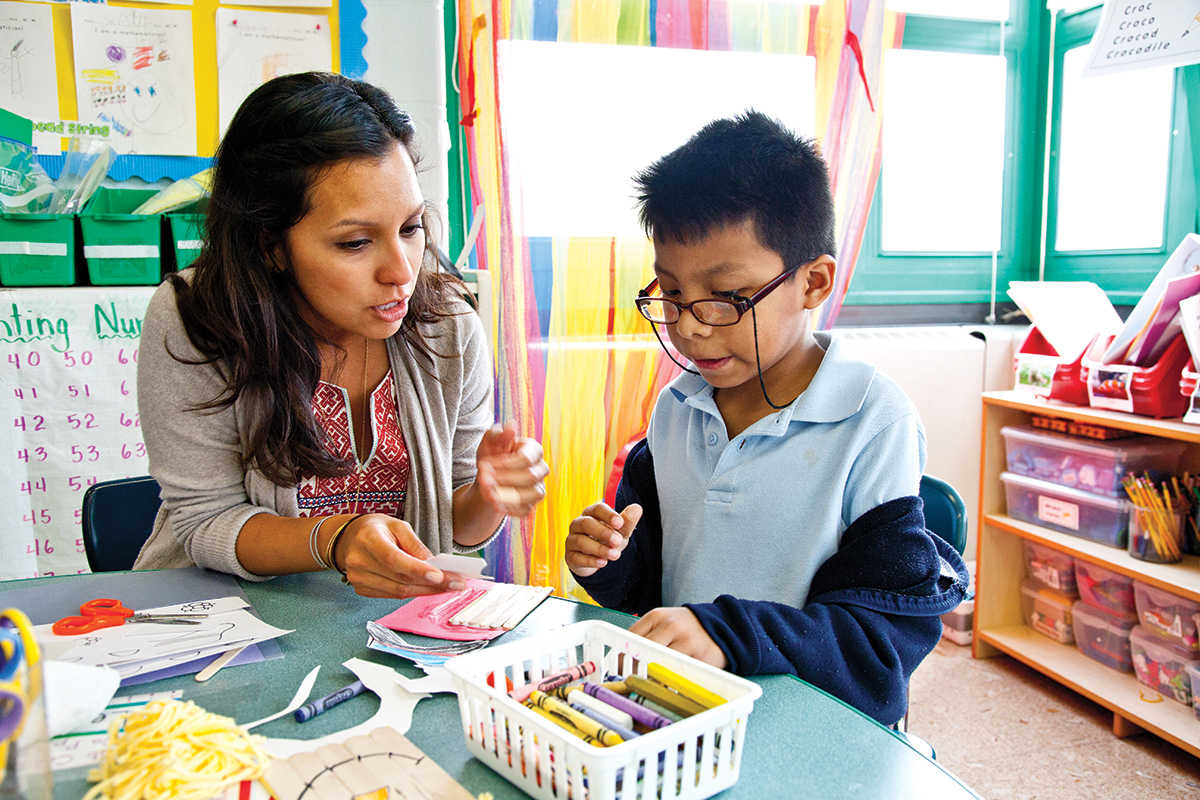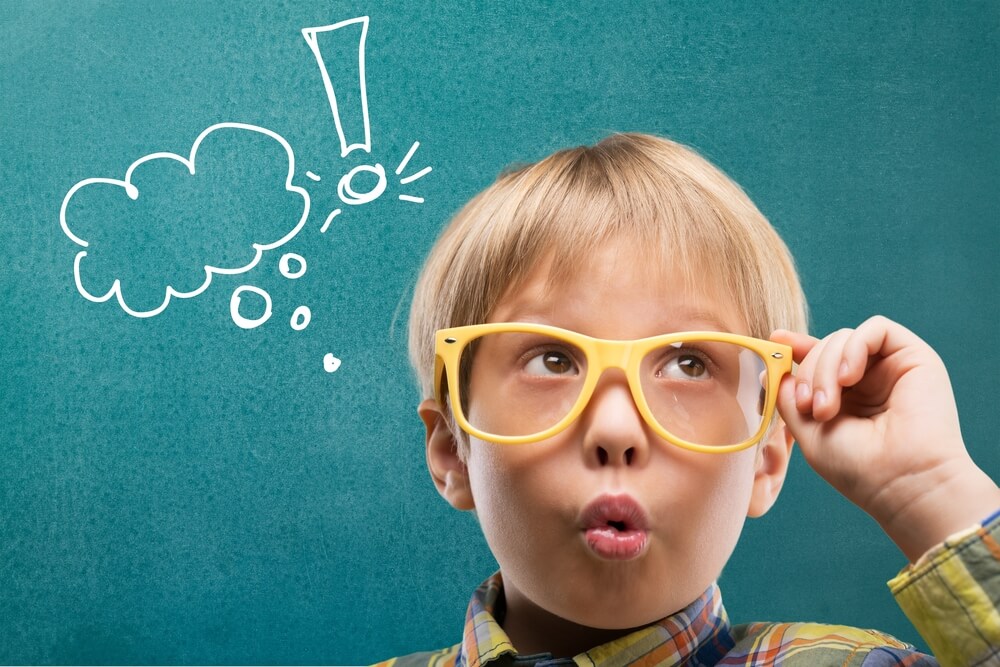The Power of Play: Unleashing Learning Potential in Early Childhood Education

As adults, we often view playtime as a break from serious pursuits, a time for children to expend energy and have fun. However, the truth is that play is far more than just a momentary escape for our little ones. In the realm of early childhood education, play is a powerful tool that shapes the foundation of learning and unlocks a world of cognitive, social, and emotional development.
The Cognitive Playground:
Play is the language of children, and it’s through play that they make sense of the world around them. In the cognitive playground, activities like building with blocks, sorting shapes, and solving puzzles become more than just enjoyable pastimes. They are the building blocks of critical thinking, problem-solving, and spatial awareness.
By engaging in imaginative play, children create scenarios, assume roles, and navigate through make-believe worlds. These activities cultivate creativity, enhance language development, and lay the groundwork for later academic success. The brain’s neural connections strengthen as children explore, experiment, and discover – all through the magic of play.
Social Adventures:
Play is the social glue that binds young hearts and minds. Whether it’s sharing toys, taking turns in a game, or collaborating on a project, play is the social arena where children learn essential interpersonal skills. They develop the ability to negotiate, communicate, and resolve conflicts – vital skills that form the bedrock of healthy relationships.
In group play, children discover the joy of teamwork and the satisfaction of achieving shared goals. From the sandbox to the play kitchen, each interaction is an opportunity to understand emotions, practice empathy, and build friendships. The power of play extends far beyond the immediate moment, shaping the way children approach social situations throughout their lives.
Emotional Expression and Regulation:
Play provides a safe space for children to express and understand their emotions. From dramatic play to artistic endeavors, children use play as a medium for processing feelings, fears, and aspirations. Dolls become confidantes, art becomes a canvas for emotional expression, and games become a tool for understanding the concept of winning and losing.
Moreover, play contributes to emotional regulation. In the playground, children learn to manage frustration, cope with disappointment, and celebrate successes. These emotional experiences are invaluable lessons that prepare them for the challenges and triumphs they will encounter in their educational journey and beyond.
Making the Most of Play in Early Childhood Education:
For parents, caregivers, and educators, recognizing the educational potential of play opens up a world of intentional learning. Providing a variety of play opportunities, both structured and unstructured, allows children to explore different facets of their development. Incorporating educational toys, interactive games, and imaginative play scenarios can enhance the learning experience.
As advocates for early childhood education, we must champion the cause of play. Recognize play as a powerful vehicle for learning, an essential component of a well-rounded education that extends far beyond the classroom walls. Let’s embrace the magic of play, unlocking the full potential of our children as they embark on their educational journey through the enchanting world of learning through play.

